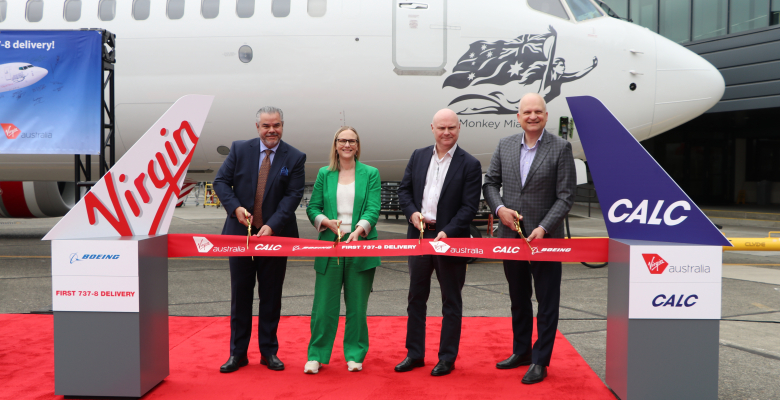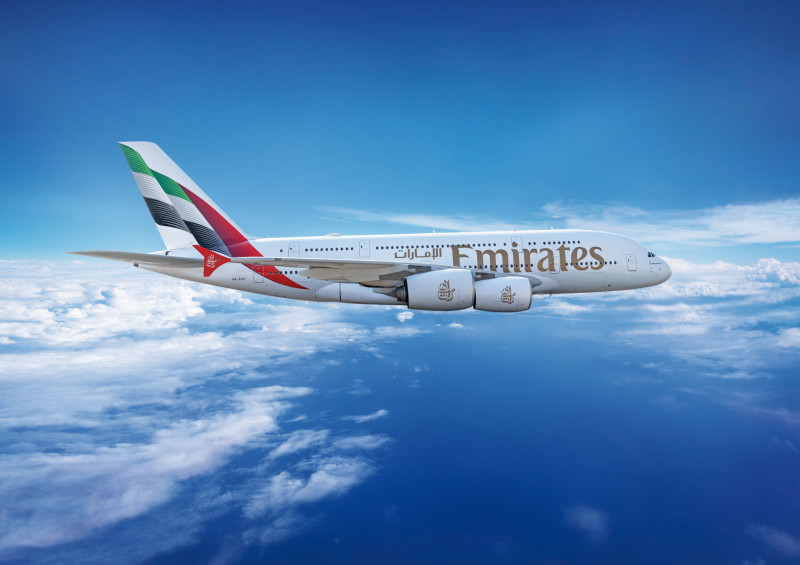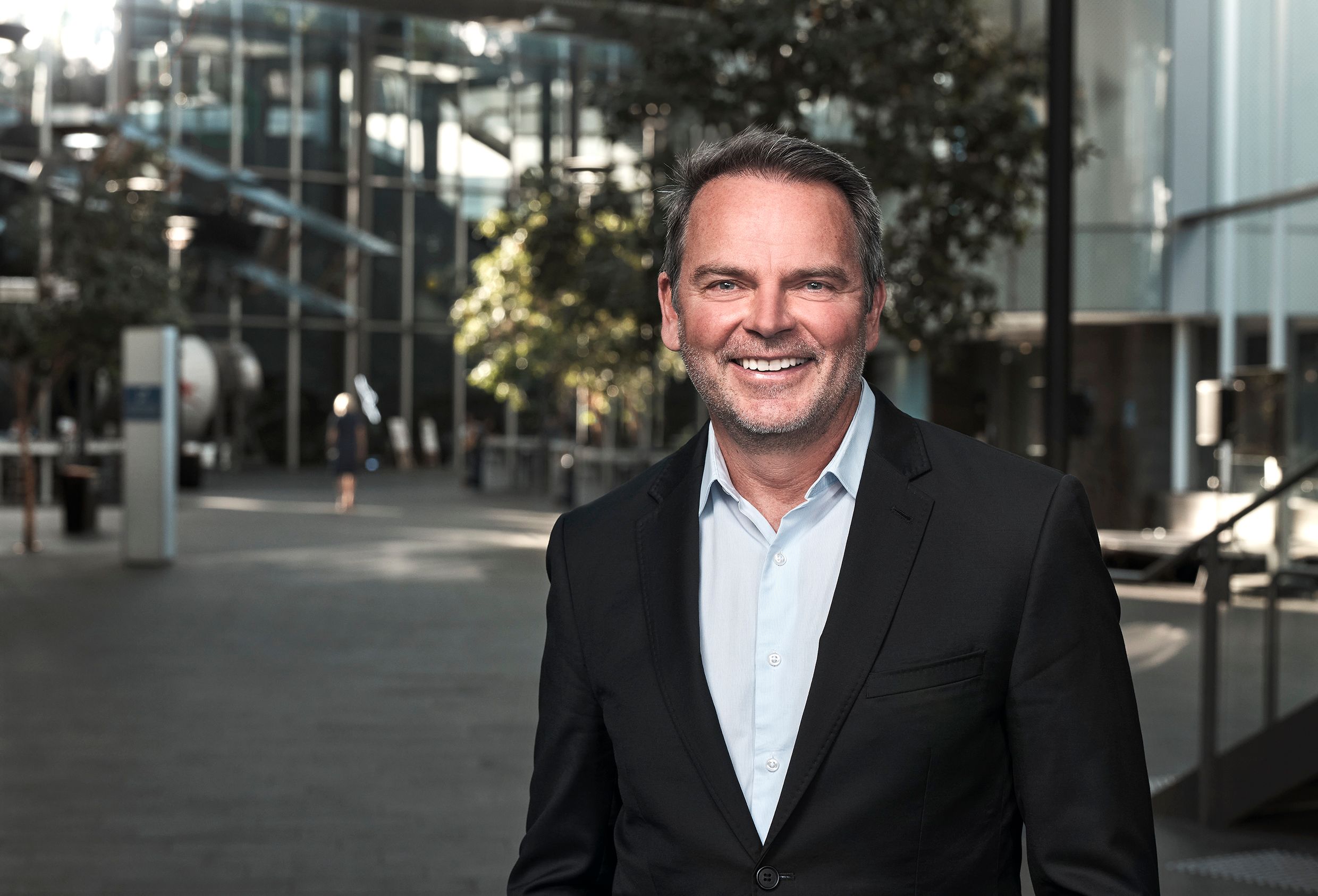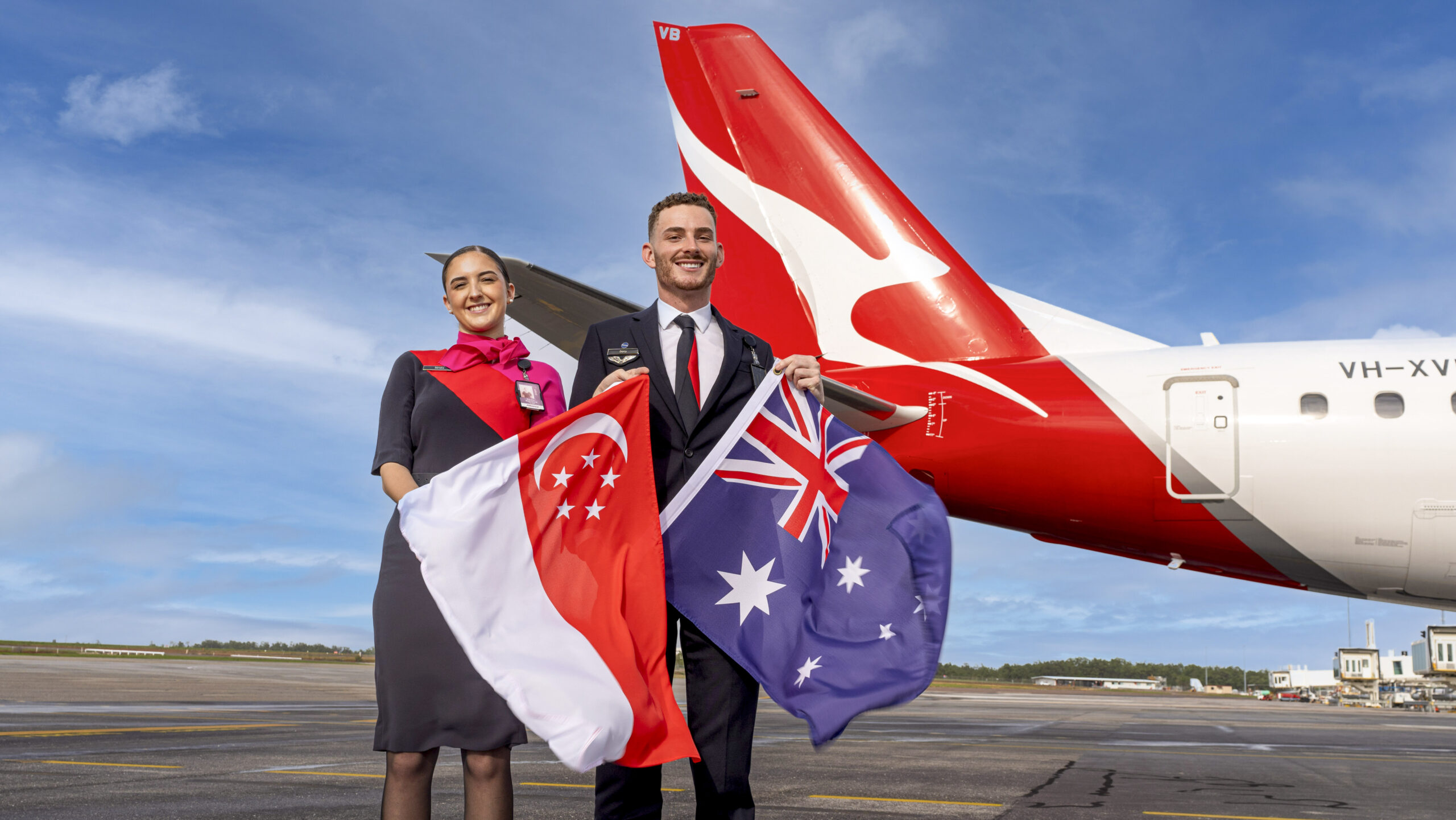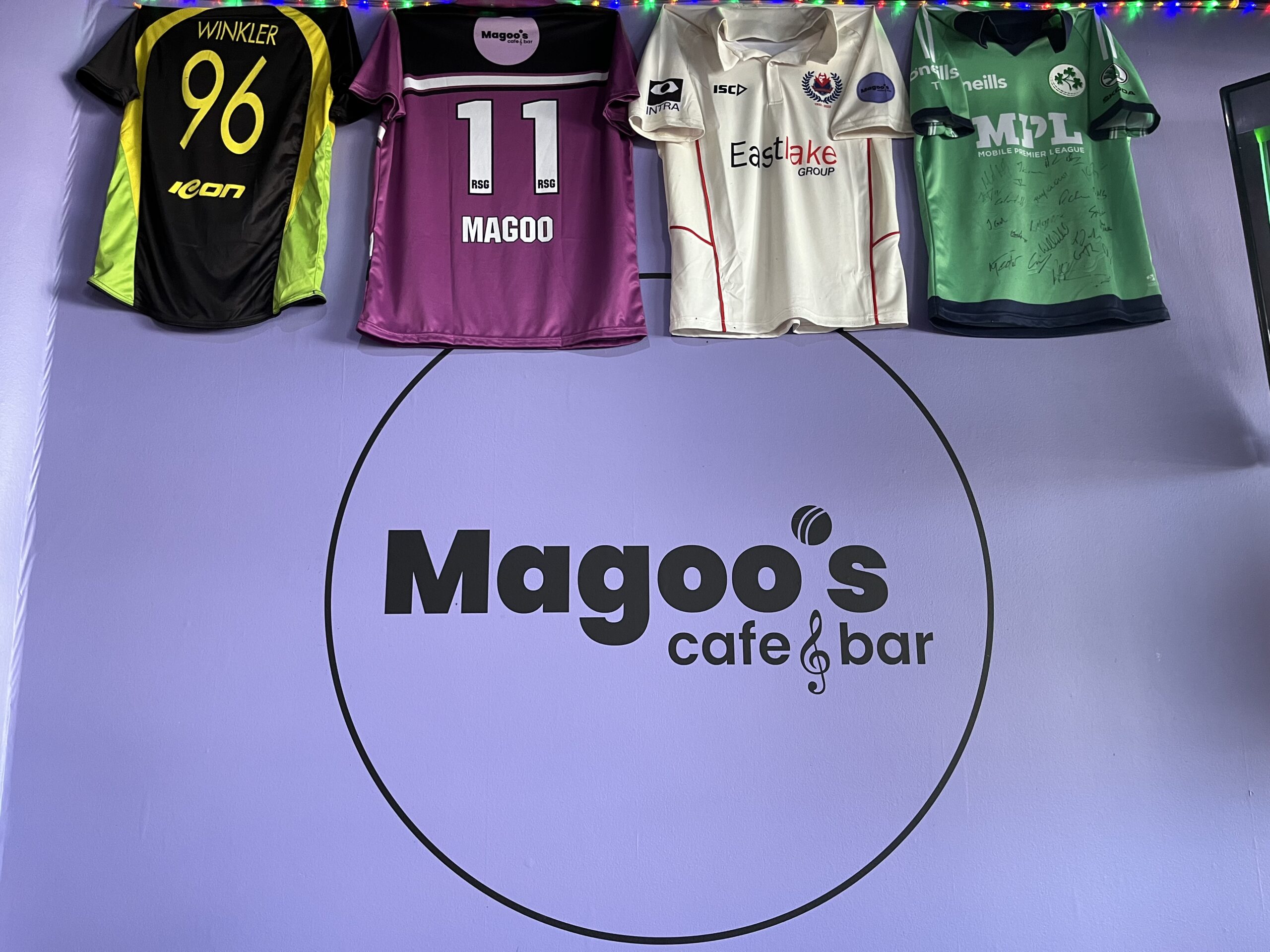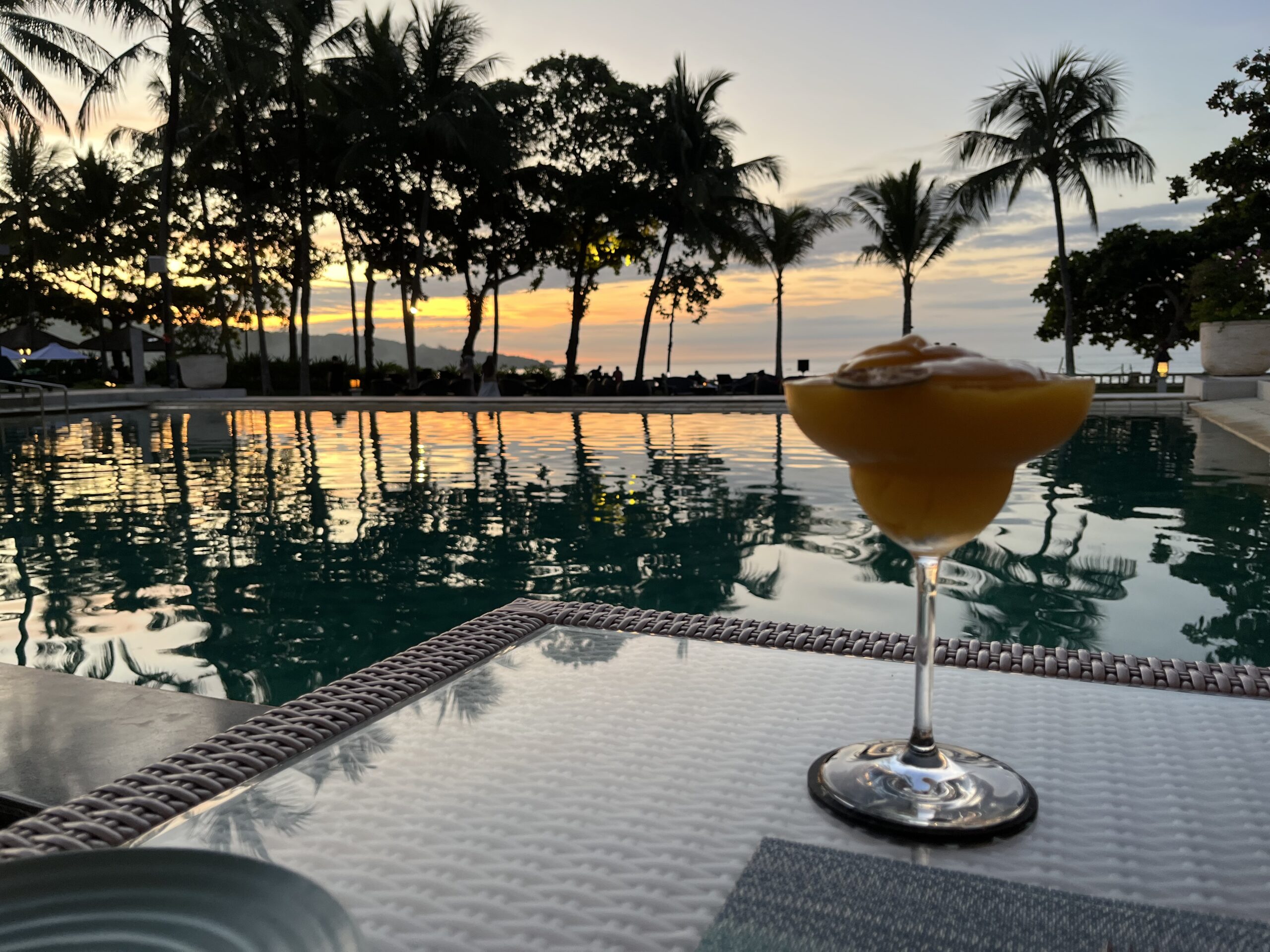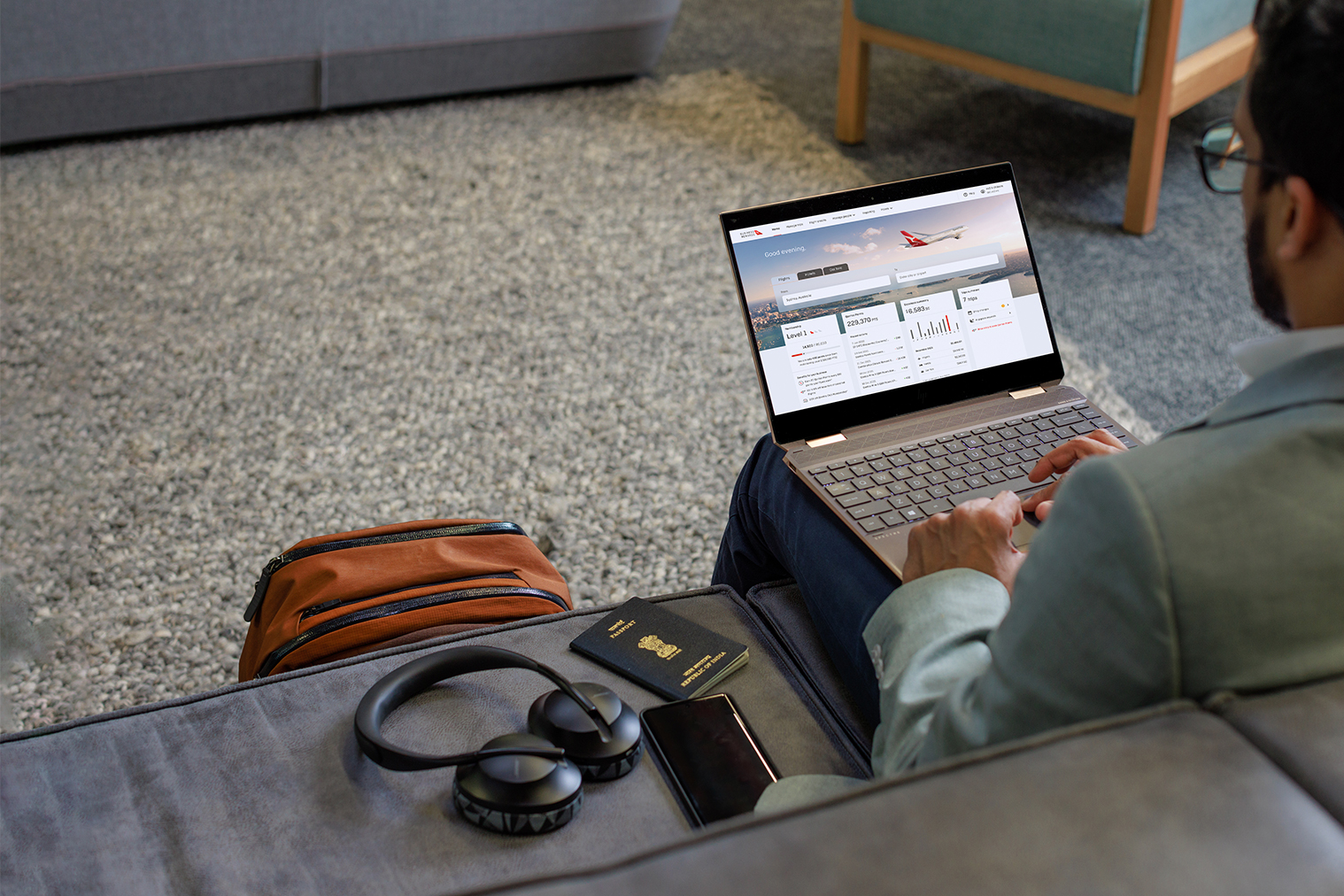Image Credit: Virgin
Virgin Australia has marked a major milestone in its ongoing transformation, taking delivery of its first new aircraft in the latest generation Boeing 737 MAX family.
The 737-8 aircraft, which offers a quieter and more comfortable flying experience, is the first of 33 MAX family aircraft Virgin Australia will take delivery of over the next five years, after the airline restructured its aircraft order in December 2020.
Virgin Australia Chief Operations Officer Stuart Aggs said the new MAX family aircraft are a critical part of the airline’s transformation, delivering not only a more comfortable experience to customers but forming the backbone of Virgin Australia’s decarbonisation ambitions.
“These new aircraft will allow us to grow capacity and support more efficient jet services,” he said.
“And importantly, they will reduce emissions by at least 15 per cent per flight compared to the 737-800 NG fleet, supporting our commitment to targeting net zero emissions by 2050.
“While our approach to decarbonisation is multi-faceted, fleet modernisation is a critical part of progressing our sustainability ambitions and represents a significant opportunity to reduce our emissions intensity in the near-term.
“We expect our fleet renewal program, combined with other fuel efficiency initiatives, to support over 80 per cent of our 2030 interim target to reduce Virgin Australia’s carbon emission intensity by 22 per cent.”
Mr Aggs said the aircraft will complement the airline’s simplified 737 fleet, which is one of the youngest commercial fleets in Australia with an average age of 11.7 years, while providing an enhanced flight experience for Virgin Australia’s guests.
“This aircraft, which has a longer range than the 737-800 NG, will shortly join our new Cairns-Haneda route which is taking off for the first time today, elevating travel between Tokyo and Far North Queensland,” he said.
“As well as being more fuel efficient, the 737-8 is approximately 40 per cent quieter than the current 737-800 NG fleet and comes fitted with our new generation seats, which include device holders and in-seat power.”
Marking the milestone, Virgin Australia has ordered a fuel load blended with 30 per cent Sustainable Aviation Fuel (SAF) for the first leg* of the delivery flight to Brisbane.
The Virgin Australia team will be among the first to tour the new plane, with a celebration planned for early July before the aircraft enters service on the Cairns-Haneda route.
Monkey Mia, registered VH-8IA, continues Virgin Australia’s tradition of naming its aircraft after Australian bodies of water. Monkey Mia is in the Shark Bay region of Western Australia, which became Western Australia’s first World Heritage-listed site in 1991.
It is among the first 737-8s to operate in Australia but joins more than 60 airlines that are operating more than 1,000 of the aircraft type globally.
Erika Pearson, Boeing Vice President, Commercial Sales and Marketing, Southeast Asia and Oceania said: “Operating younger, more fuel-efficient 737-8 airplanes will support Virgin Australia to take key steps in meeting its sustainability goals, while providing passengers with enhanced comfort and a more enjoyable flying experience,” she said.
“The unique capabilities of the MAX Family incorporate the latest advanced technology engines and winglets, delivering the highest efficiency in the single-aisle market. The 737-8 will allow Virgin Australia to provide additional capacity across Oceania to service Australia’s dynamic commercial aviation market.”
The aircraft joins the Virgin Australia fleet under lease from leading global aircraft lessor China Aircraft Leasing Group Holdings Limited (CALC).
Winnie Liu, Executive Director, Deputy CEO and CCO of CALC, added: “It is great to work with Boeing and Virgin Australia on the 737-8 successful delivery. The arrival of the first 737-8 not only marks a milestone in CALC’s history as it is the first aircraft type in our fleet but also boasts unparalleled fuel efficiency and gives strong support to the airline’s sustainable fleet optimisation program. CALC has been investing in cutting-edge technology aircraft models with a deep focus on sustainable and green fleet solutions. We will continue to drive energy-efficient aircraft models and contribute to reaching net zero emissions by 2050 with all aviation partners.”
In addition to eight 737-8s, Virgin Australia has 25 x 737-10s on order for delivery starting from next year.
Virgin Australia’s fleet currently comprises 84 primarily Boeing 737 aircraft, up from 58 when the airline was relaunched in November 2020 – or one new aircraft every five weeks.


